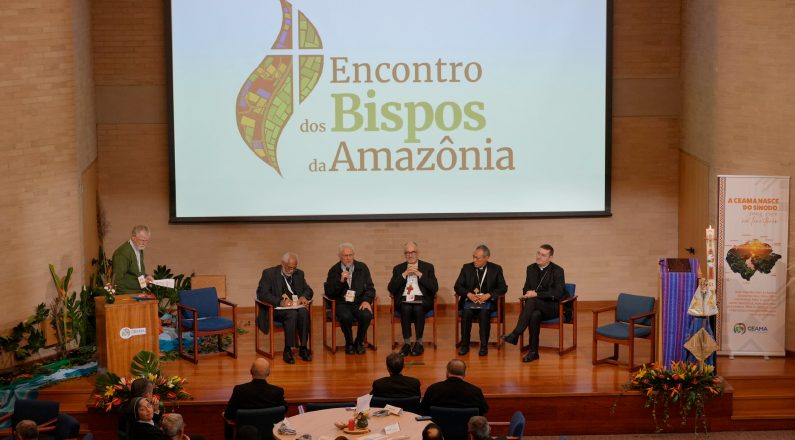(ZENIT News / Rome, 08.18.2025).- In Bogotá, the bishops of the Amazon region have gathered from August 17 to 20 under the banner of the Ecclesial Conference of the Amazon. While Pope Leo XIV did not appear in person, his presence was felt through a telegram signed by Cardinal Pietro Parolin, the Vatican Secretary of State, offering both encouragement and clear direction for the Church’s mission in the vast region.
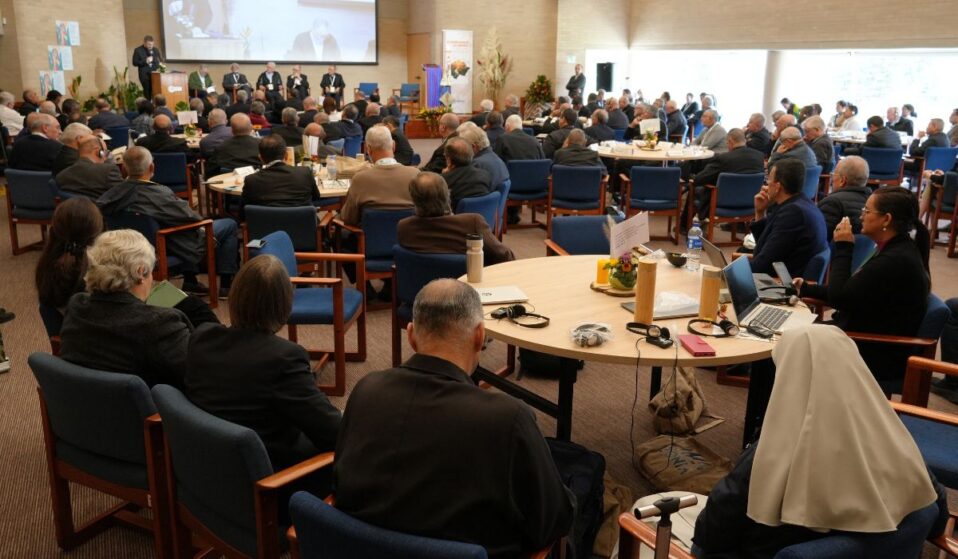
The papal message struck a careful balance: on the one hand, gratitude for the bishops’ commitment to the people of the Amazon; on the other, a sober warning about the dangers of confusing Christian stewardship of creation with an ideology that risks turning the natural world into an object of worship. At the heart of the telegram was a threefold call: to proclaim Christ, to respect the dignity of the peoples of the Amazon, and to care for the environment entrusted to humanity.
This triad reflects a theological vision that has marked the first months of Leo XIV’s pontificate. While environmental questions remain central, the Pope insisted that Christian engagement with nature cannot be separated from the announcement of the Gospel. Quoting the Spiritual Exercises of St. Ignatius of Loyola, the telegram reminded the bishops that created things serve a higher purpose: leading men and women to God. “The right and duty of caring for the house that God the Father has entrusted to us is evident,” the Pope wrote, “but no one should destroy irresponsibly the natural goods that reflect the Creator’s goodness and beauty—nor should anyone become their slave or worshiper.” In fact, the most significant part of the message was the conclusion, in which the Secretary of State, on behalf of the Pope, spoke to the bishops about “the right and duty to care for the ‘home’ that God the Father has entrusted to us as solicitous stewards, so that no one irresponsibly destroys the goods of nature (…) or submits to them as a slave and worshipper of Nature.” .
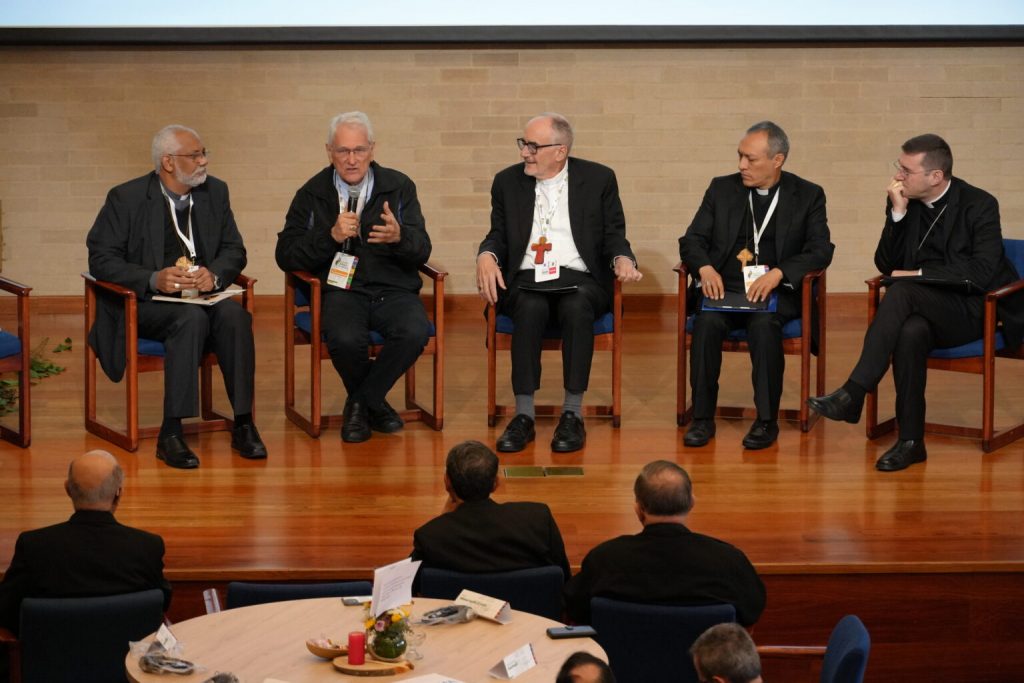
The remark has not gone unnoticed. In Rome, observers saw in it an implicit reference to the controversies of the 2019 Amazon Synod, when images of the Pachamama were introduced in Vatican events and provoked heated debate about the limits of inculturation. Without naming those incidents, Leo XIV’s message draws a line: the Church supports ecological responsibility but rejects any form of “eco-spirituality” that risks overshadowing Christ.
At the same time, the Pope did not reduce his message to warnings. He urged the bishops to give the faithful “fresh and clean” the bread of the Gospel and the nourishment of the Eucharist, describing the sacramental life as the only true foundation for building up the People of God. Where Christ is proclaimed, the telegram insisted, injustice begins to retreat.
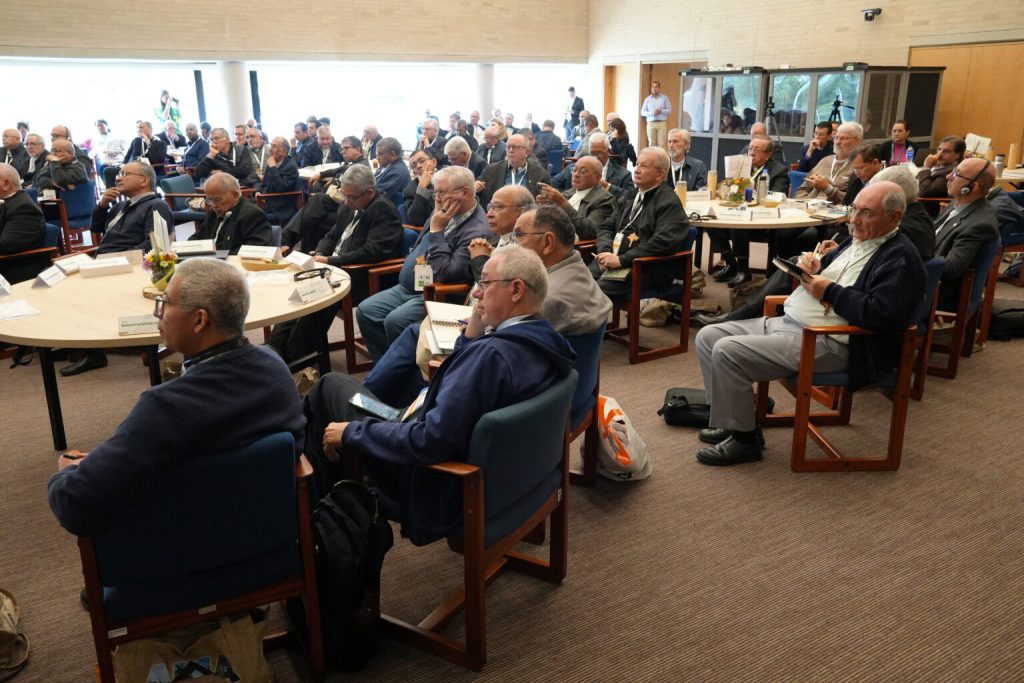
The tone contrasts with the emphasis often associated with Pope Francis, who regularly used video messages or personal interventions in such gatherings. In this case, the absence of a direct video appearance from Leo XIV, coupled with the theological clarity of the telegram, suggests a distinct pastoral style: less immediate in presence, but firm in content and doctrinal continuity.
For the bishops of the Amazon, the papal intervention was both a confirmation and a challenge. It reaffirmed their role as guardians of creation and companions of indigenous peoples, but it also called them to resist the temptation of replacing evangelization with activism. “The mission of the Church in the Amazon,” the message concluded, “is not to create new cults, but to bring everything to fulfillment in Christ, in whom all things are recapitulated.”
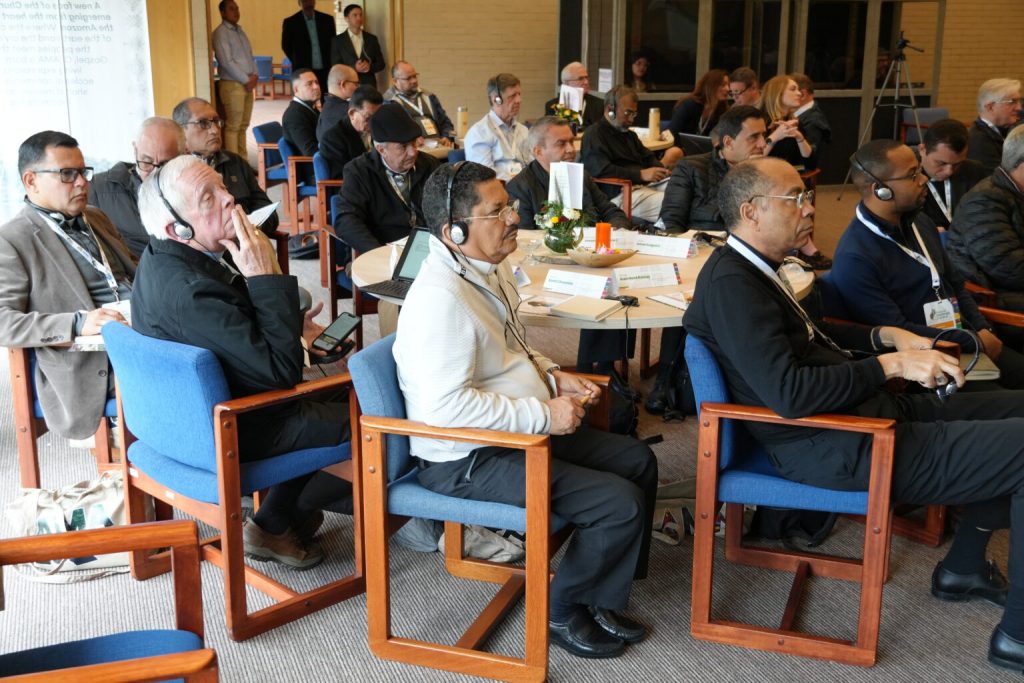
In other words, the forest, the rivers, and the people of the Amazon are not ends in themselves. For Leo XIV, they are part of a greater horizon that only makes sense when oriented toward Christ—the true measure of justice, freedom, and salvation.
Thank you for reading our content. If you would like to receive ZENIT’s daily e-mail news, you can subscribe for free through this link.
